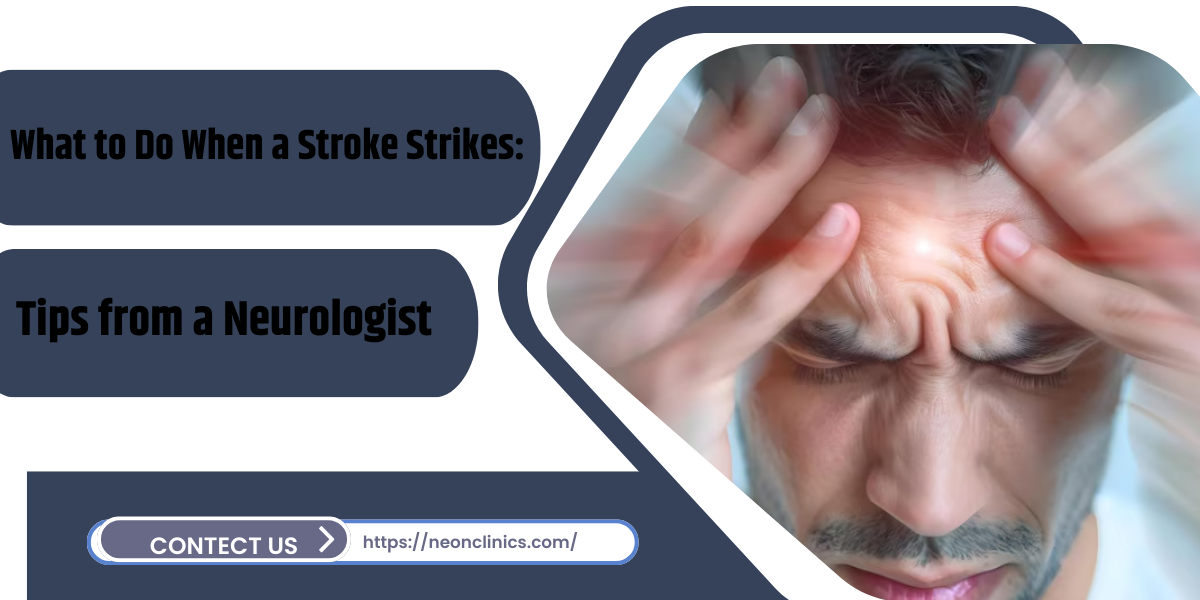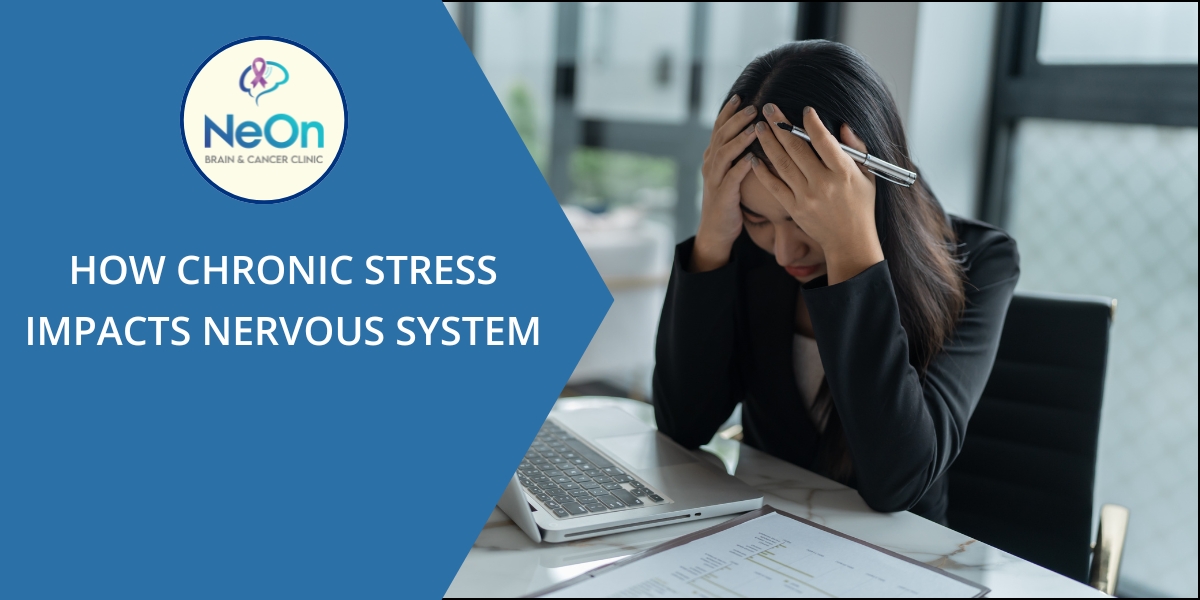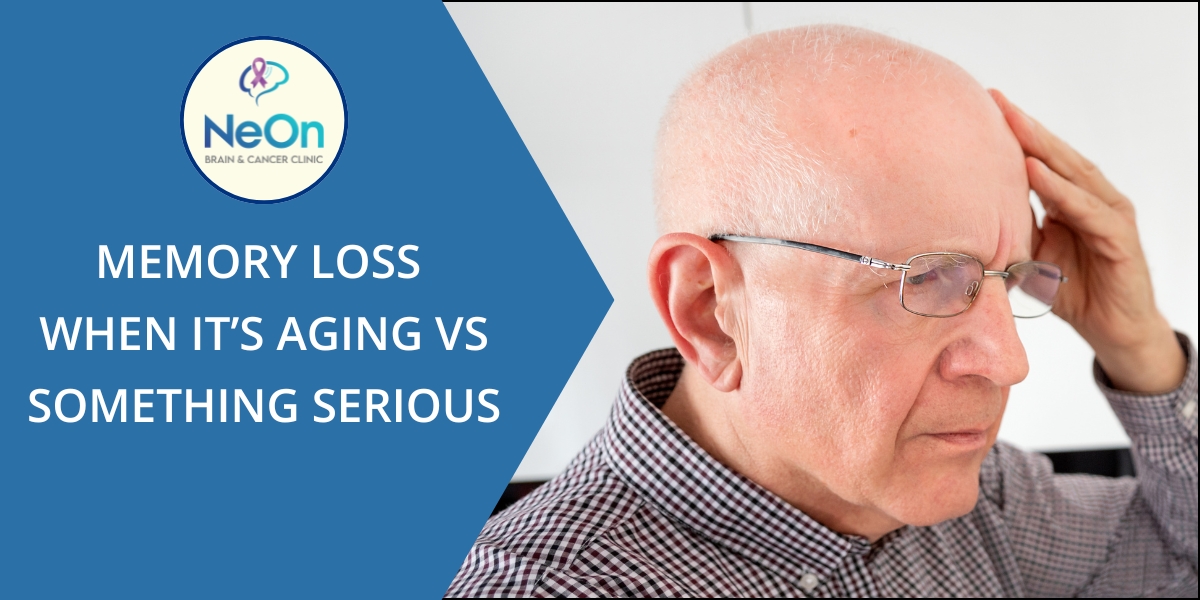What to Do When a Stroke Strikes: Tips from a Neurologist?
A stroke is a medical emergency that requires immediate attention. Every minute counts when it comes to preserving brain function and minimizing long-term damage. When a stroke strikes, knowing what to do can make all the difference. Here are some crucial steps, straight from a neurologist, to help you respond effectively in such a situation. According to Dr. Sadique Pathan, a renowned Stroke Specialist in Hadapsar, Pune, timely action can make the difference between recovery and long-term disability.
Three Things to Do When Someone Is Having a Stroke
Call the Doctor Immediately
The most important action you can take is to call emergency services right away. Time is critical. Dialing for help ensures the patient gets the medical attention they need as quickly as possible. Don’t hesitate—every second can save more brain tissue.
Note the Time You First See Symptoms
If possible, record the exact time when stroke symptoms start. This information is essential for healthcare professionals to determine the right course of treatment. Certain medications, like clot-busting drugs, are most effective within a specific time window, usually within the first few hours after symptoms begin.
Perform CPR if Necessary
If the person is unconscious or not breathing, performing CPR can be a life-saving step before professional medical help arrives. Dr. Sadique Pathan, a trusted stroke specialist in Hadapsar, recommends this as a crucial step if the patient’s breathing is compromised.
Three Things Not to Do When Someone Is Having a Stroke
Do Not Let Them Go to Sleep or Talk You Out of Calling the Doctor
A stroke can cause confusion or drowsiness, leading the person to want to sleep. Don’t allow it. Even if they insist they’re fine, it’s essential to call for medical help immediately. The longer you wait, the higher the risk of irreversible damage.
Do Not Give Them Medication, Food, or Drinks
As a neurologist in Hadapsar, Pune, Dr. Pathan advises against giving the person food, drinks, or medication. The risk of choking is high, and only medical professionals should provide treatment during a stroke.
Do Not Drive Yourself or Someone Else to the Emergency Room
Driving to the emergency room can waste precious time and put the patient in danger. Emergency medical teams are equipped to provide immediate care, such as oxygen or life-saving interventions, on route to the hospital.
Stay Focused and Take Action Quickly
In a stroke emergency, staying calm and focused is critical. Swift action could mean the difference between life and death, or recovery and permanent disability. Knowing what to do and what to avoid can help ensure the best possible outcome for the patient.
The Symptoms That Could Mean You’re Having a Stroke
Recognizing the signs of a stroke is vital. Common symptoms include:
Sudden numbness or weakness in the face, arm, or leg (especially on one side of the body)
Confusion, trouble speaking, or understanding speech
Difficulty seeing in one or both eyes
Difficulty walking, dizziness, or loss of balance and coordination
Severe headache with no known cause
If you or someone around you experiences any of these symptoms, call the doctor immediately.
Even If Symptoms Vanish Quickly, Call for Help
A “mini-stroke” or transient ischemic attack (TIA) can be a warning sign of a future stroke. Dr. Sadique Pathan, a leading stroke specialist in Pune, stresses that even if symptoms disappear, immediate medical attention is necessary to prevent future strokes.
Strokes can happen suddenly and without warning. Being prepared to take immediate action can save lives and reduce the risk of long-term brain damage. Always remember to call for help, note the time of the first symptoms, and avoid unnecessary actions that could make the situation worse. The quicker you act, the better the chances for recovery.



